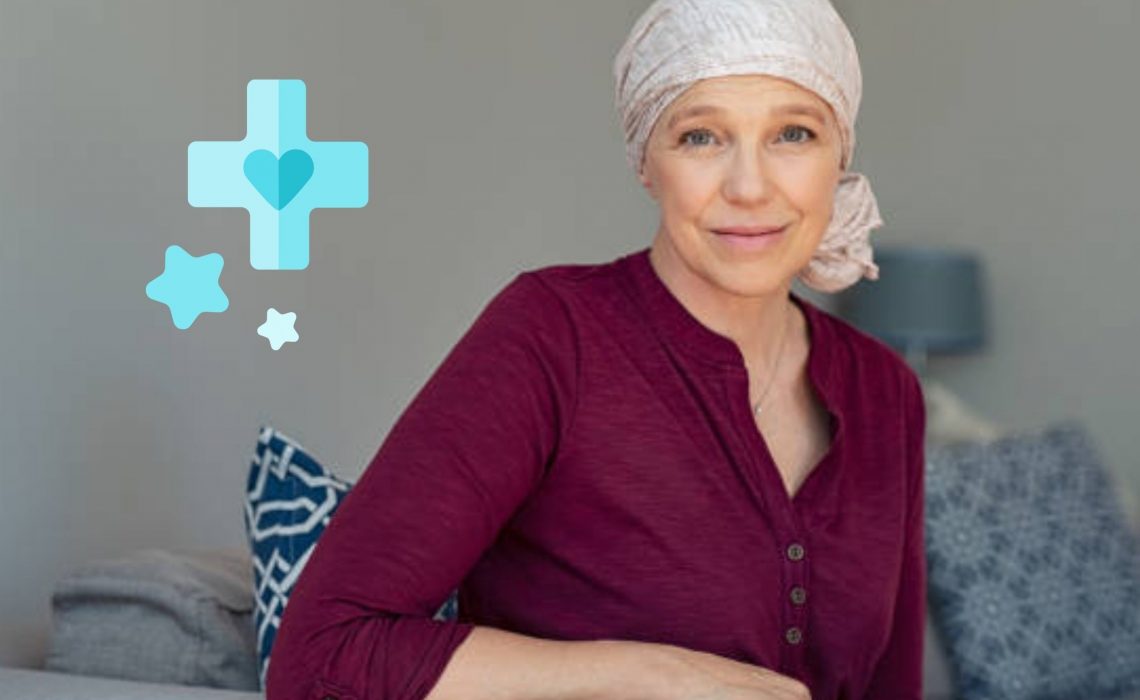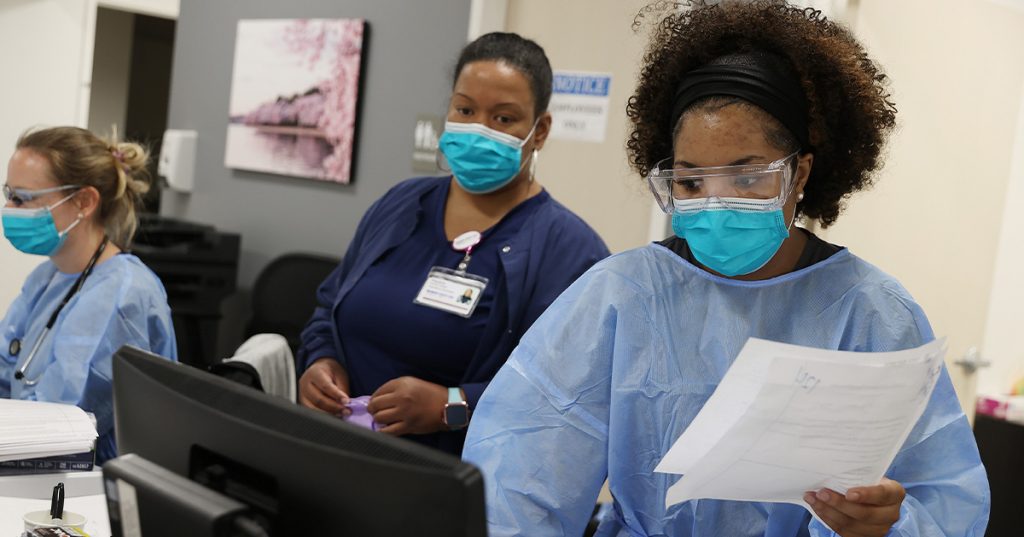
Do you believe there is equality among the sexes when it comes to healthcare?
If you are female, there’s a good chance you’ll say “No way!” Or something feistier!
A survey conducted in early 2019 by TODAY found that more than one-half of women, compared with one-third of men, believe gender discrimination in patient care is a serious problem. Gender disparity statistics in healthcare show that women have historically experienced a disproportionate amount of health inequity worldwide. Not only is it unfair, it can be downright dangerous.
Gender bias creates dangers in medical treatment. When both genders are not offered equal quality treatment and care for the same medical complaints or when different manifestations of disease are not considered based on sex, we can expect patient outcomes to suffer.
Gender Bias in Medical Research
Have you heard that women who are brought to the ER after suffering heart attacks are more likely to die than men in the same situation? And why do medical researchers know so little about the reasons women are much more likely than men to suffer autoimmune diseases such as lupus?
In health research, before the late 1990’s young female’s participation in early phase drug trials was prohibited by the FDA. Instead of directly testing a certain drug’s effects on women, researchers would use men and extrapolate their findings to women, which led to abounding inaccuracies. (Source: Forbes, “The Surprising Reason We Lack so Much Information about Women’s Health”.)
Gender Bias in Health Insurance
There is some good news here. Today insurance companies can no longer charge women more than men, but as recently as 2009, women in the US paid $1 billion more for the same health plans as men. (Source: Are Gender ratings Illegal under the ACA?) Before the ACA, women buying insurance on the individual market were routinely charged up to 50 percent more for monthly premiums than men. In some cases the gap was as high as 81 percent. (Source: Healthline, Should Women Pay more for Health Services)

What About Poor and Uninsured Women?
Women have the highest percentage of lowest wage jobs without healthcare benefits. Uninsured women often have inadequate access to care, get a lower standard of care when they are in the health system, and have poorer health outcomes. Low-income women, women of color, and non-citizen women are at greater risk of being uninsured.
The gender pay gap and inequality at work puts women at higher risk of physical and mental illness. 1 in 5 women struggle with mental health, and the numbers are climbing.
How Is Angelink Helping?
Gender inequality obviously permeates healthcare. To help change these statistics, we support women’s health and wellness programs and fund medical research to find cures that can eradicate diseases which predominantly affect women.
Through our women focused crowd funding platform we also provide an avenue for any and all women to fundraise to support a sister who has financial need due to health issues. Or, if you’re a budding researcher who needs a truckload of test tubes, let us help you put that need out for others to support.
